What a second Trump administration may mean for the Saudi nuclear program
By Nour Eid | January 6, 2025
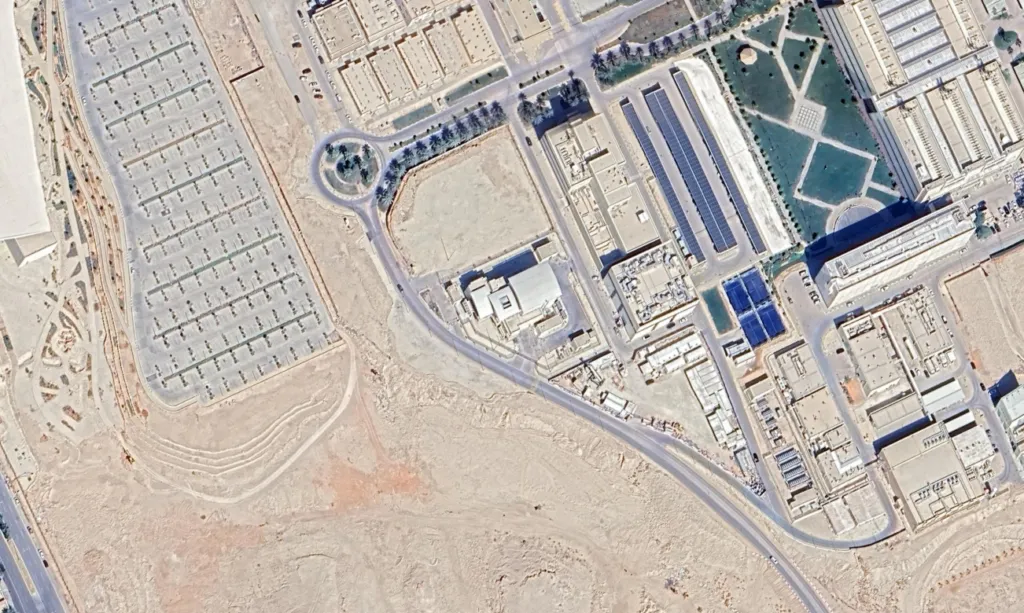 Saudi Arabia's first nuclear research reactor (center) in King Abdulaziz City for Science and Technology in the outskirts of Riyadh is nearing completion but has yet to be started. In September 2024, Saudi Arabia's Minister of Energy Prince Abdulaziz bin Salman Al-Saud announced the kingdom would sign the full Comprehensive Safeguards Agreement and the Small Quantities Protocol—the most basic safeguards agreements the International Atomic Energy Agency has been asking for years. However, the kingdom continues to refuse to sign the Additional Protocol, which would allow the agency to conduct a more thorough oversight. (Credit: Google Earth)
Saudi Arabia's first nuclear research reactor (center) in King Abdulaziz City for Science and Technology in the outskirts of Riyadh is nearing completion but has yet to be started. In September 2024, Saudi Arabia's Minister of Energy Prince Abdulaziz bin Salman Al-Saud announced the kingdom would sign the full Comprehensive Safeguards Agreement and the Small Quantities Protocol—the most basic safeguards agreements the International Atomic Energy Agency has been asking for years. However, the kingdom continues to refuse to sign the Additional Protocol, which would allow the agency to conduct a more thorough oversight. (Credit: Google Earth)
Donald Trump’s return to the White House could mean the end of the nonproliferation regime: As the Iranian-Israeli confrontation intensifies, and the threat of an Iranian nuclear breakout looms, the Kingdom of Saudi Arabia could see in a second Trump administration an opportunity to finally get the nuclear cooperation the Saudis have been yearning for.
Riyadh has been very clear on the kind of nuclear partnership it expects, and it is no secret that its favored option is cooperation with South Korea, similar under a 123 agreement (a nuclear cooperation document that establishes the legal basis and prerequisites for nuclear deals with the United States) allowing it to enrich uranium domestically. The problem, however, lies in the last bit of the sentence. The United States currently insists on an agreement that requires the Saudis forgo enrichment and reprocessing capabilities—two pathways to building a bomb. The reelection of Trump might be the Saudis’ chance to tip the balance in their favor.
Saudi Arabia’s nuclear rationale. Many reasons explain the kingdom’s desire to develop its nuclear know-how.
First, the Saudis argue that it is their right, under the Treaty on the Non-Proliferation of Nuclear Weapons (NPT), to enrich uranium for domestic energy purposes. They refuse to be subjected to double standards, given that India and Japan received “blanket consents” to seek enrichment or reprocessing capabilities under their respective 123 agreements. Adding insult to injury, in Saudi eyes: Its main rival, Iran, was allowed to enrich uranium under the 2015 Joint Comprehensive Plan of Action (JCPOA), also known as the Iran nuclear deal. The Saudis aim to benefit from the same privileges by developing an indigenous nuclear program.
Saudi Arabia also seeks to reduce its reliance on external fuel suppliers, a vision that applies to its uranium ore production. Saudi Arabia’s vast uranium reserves, sufficient for domestic purposes, are currently being mined in cooperation with China. This was undertaken even though the International Atomic Energy Agency (IAEA) and the Organization for Economic Co-operation and Development’s Nuclear Energy Agency described the project as “severely uneconomic.”
A third reason for Saudi Arabia’s nuclear ambition is Iran’s looming nuclear threat. Iran is a nuclear threshold state: Its current stockpile of uranium enriched at up to 60 percent is estimated to be about 182 kilograms, which, if enriched to 90 percent, would be sufficient fissile material for four atomic bombs.
By some estimates, Iran could reach the 90 percent enrichment threshold in less than two weeks. Also, Trump’s return to office possibly means the likely return of a “maximum pressure” policy on Iran’s economy and, perhaps, US support for Israeli attacks on Iranian nuclear facilities. And Israel continues to engage in military actions against Iran and its proxies, diminishing the regime’s deterrence capabilities. These factors have created a particularly volatile situation that could prompt Iran to fall back on its nuclear program as a deterrent.
Such a set of developments could, in turn, trigger the Saudis to develop nuclear capabilities of their own to deter Iran, as previously stated by Saudi Crown Prince Mohammed bin Salman in 2018 and again in 2023.
Safeguards. The Saudi government has been proactive on the civilian nuclear front in the last few years, establishing a nuclear and radiological regulatory commission and a holding company to develop and operate nuclear energy facilities.
If the United States continues to insist that the Saudis adopt a replica of the United Arab Emirates 123 agreement—also known as the “Gold Standard” agreement, in which the UAE voluntarily refrained from pursuing enrichment and reprocessing capabilities—the kingdom is likely to expand its nuclear partnership with China. Saudia Arabia is unwilling to forgo enrichment so long as Iran remains a threshold nuclear state. Such a partnership could be concerning, given China’s historical flexibility towards nuclear safeguard agreements: Unlike Washington, Beijing is unlikely to demand that Saudia Arabia sign and ratify the International Atomic Energy Agency’s Addition Protocol, which provides the agency with more in-depth tools for verification.
According to the IAEA, Saudi Arabia’s current safeguarding measures are not adequate for the size of its nuclear power program. The agency has asked the kingdom to implement the most basic safeguards agreements—the full Comprehensive Safeguards Agreement (CSA) and the Small Quantities Protocol (SQP)—for years. The kingdom announced only recently its intentions to do so as it nears completion of a research reactor in King Abdulaziz City for Science and Technology.
In addition, the Saudis have categorically refused to sign and ratify the IAEA’s Additional Protocol (AP). The kingdom is not alone in this position: Egypt, for instance, refuses to conclude an Additional Protocol unless Israel becomes a party to the NPT and is therefore subject to related safeguards. The Saudis, on the other hand, perceive the protocol as constraining, refusing to undergo further scrutiny if not required by the NPT.
At the moment, it seems, the only way that Saudi Arabia might sign a 123 agreement that precluded uranium enrichment and reprocessing would involve a US defense treaty, ratified by Congress, that included a NATO Article 5-style provision. Any such US commitment would likely have to include normalization of Saudi-Israeli diplomatic ties, which, in the current context, seems highly unlikely. The Saudis are determined not to appear as junior partners within the framework of the Abraham Accords, which remains a UAE-centric initiative. In addition, Saudi Arabia’s leadership role in the region could be undermined if it chose to normalize with Israel.
Potential pathways. With Trump returning to the White House and the Republicans controlling Congress, the realm of possibilities for a Saudi nuclear program may be expanding. The Saudis have been historically more inclined to negotiate with Republicans, who are less vocal than Democrats about the kingdom’s violations of human rights. The current US political situation appears ideal for the Saudis: They are likely to gather all their efforts to ratify a security agreement in the first half of Trump’s second presidency, before the US midterm elections in 2026, when Republicans might lose control of Congress.
Many US officials and experts argue that the Saudis’ relationship with the United States is too big to fail, which leads them to believe that the Saudis are unlikely to cooperate with China on their nuclear program. Some of them even claim that the Saudi-Chinese defense and nuclear rapprochement simply aims to push the United States to comply with the Saudis’ defense needs. While this may have been true in the past, the Saudis now realize that their relationship with the United States cannot protect them from harm: The mild US reaction to Houthi attacks on Saudi oil facilities in 2019 shattered the security doctrine dating from the World War II-era Quincy Pact, which revolved around the idea that the United States would ensure the kingdom’s security in exchange for access to its oil.
After Trump takes office, three potential scenarios could unfold:
- The United States agrees to an iron-clad defense treaty, signed and ratified by Congress, placing Saudi Arabia under its nuclear umbrella. In exchange for providing security guarantees, Washington would likely require Saudi Arabia to forgo enrichment and reprocessing capabilities under a 123 agreement, sign and ratify the IAEA Additional Protocol, and normalize its relations with Israel. However, the October 7 attacks by Hamas against Israel and the war in Gaza that followed have rendered such normalization unlikely for now. Trump could use this situation to his advantage, projecting himself as the master deal-breaker by pushing Palestinians to agree to the “Peace to Prosperity” proposal from his first presidency. The deal would allow Israel to annex 30 percent of the remaining occupied West Bank in exchange for the recognition of Palestinian statehood—and would likely mean ending the war in Gaza. This two-state proposal might provide the Saudis with the necessary façade for a normalization with Israel. Such a deal would enable the Saudis to pocket a ratified security agreement, while saving face in front of the Arab world, in its defense of Palestinians. This scenario might end up being the best option for most parties involved—with the notable exception of the Palestinians. The Saudis would not have to jeopardize their integration into the international community while being granted the deterrence needed to counter any potential threat to its territorial integrity. Trump would be viewed as the ultimate negotiator: He would appear as the one who finally ended the war in Gaza, created a long-standing resolution to the Israeli-Palestinian conflict, reduced the risk of nuclear proliferation in the region, and prevented closer Saudi-Chinese relations—all at once. As for Israel’s Prime Minister Benjamin Netanyahu, he would appear to have finally normalized relations with Saudi Arabia and therefore completed Israeli integration in the Arab world.
- Saudi Arabia and the United States could sign a regular 123 agreement, enabling the Saudis to develop in-house enrichment capabilities and acquire advanced nuclear technology. If Trump does not manage or is not willing to provide the Saudis with the defense agreement they are looking for or succeed in striking a nuclear deal with Iran, he might perceive a 123 agreement allowing Riyadh to develop enrichment capabilities as the best option to stabilize the situation. The Saudi nuclear program, still at an embryonic stage, might be the chance for the United States to develop new mechanisms for ensuring that the Saudis don’t divert their civilian nuclear material to military purposes. If such a deal is struck, Washington would likely insist on a joint US-Saudi consultative body to discuss issues such as enrichment and the kingdom’s signature and ratification of IAEA’s Addition Protocol.
- With or without a deal limiting the Iranian threat, the United States might resist granting the Saudis a formal defense commitment against external attacks and allow them to develop enrichment capabilities. In such a scenario, Saudi Arabia might expect a highly transactional relationship with the United States, with a higher number of weapons sales than ever before and a wider range of weapons available to them. Saudis could also witness more military engagement on the US side, with joint training and security and counterterrorism cooperation. In such a scenario, the prevailing view within the Republican administration could be one of control over the kingdom’s actions, especially vis-à-vis China, believing that they have sufficient sway to deter the Saudis from going through with their bluff and partnering with China on a nuclear program that included enrichment and reprocessing.
The Saudis understand that the second Trump administration may be their best opportunity to obtain the security guarantees they have been looking for from the United States. If they do not manage to obtain their desired concessions from Washington, then they might think it is unlikely they ever will. But if the United States and Saudi Arabia do not reach a nuclear agreement in a second Trump term, a deepened Saudi-China relationship could reshape the Middle East’s entire nuclear landscape, especially if the Chinese agree to a Saudi domestic enrichment capability with no safeguard against potential diversion of the nuclear power program. Such a scenario could lead to opening Pandora’s box of proliferation and further complicate broader geopolitical issues in the region, including with countries like Turkey and Egypt.
The next US administration must acknowledge the importance of domestic uranium enrichment capabilities for the Saudis and avoid underestimating the kingdom’s readiness to divest from its relationship with Washington if there is no giving on the US side.
Together, we make the world safer.
The Bulletin elevates expert voices above the noise. But as an independent nonprofit organization, our operations depend on the support of readers like you. Help us continue to deliver quality journalism that holds leaders accountable. Your support of our work at any level is important. In return, we promise our coverage will be understandable, influential, vigilant, solution-oriented, and fair-minded. Together we can make a difference.

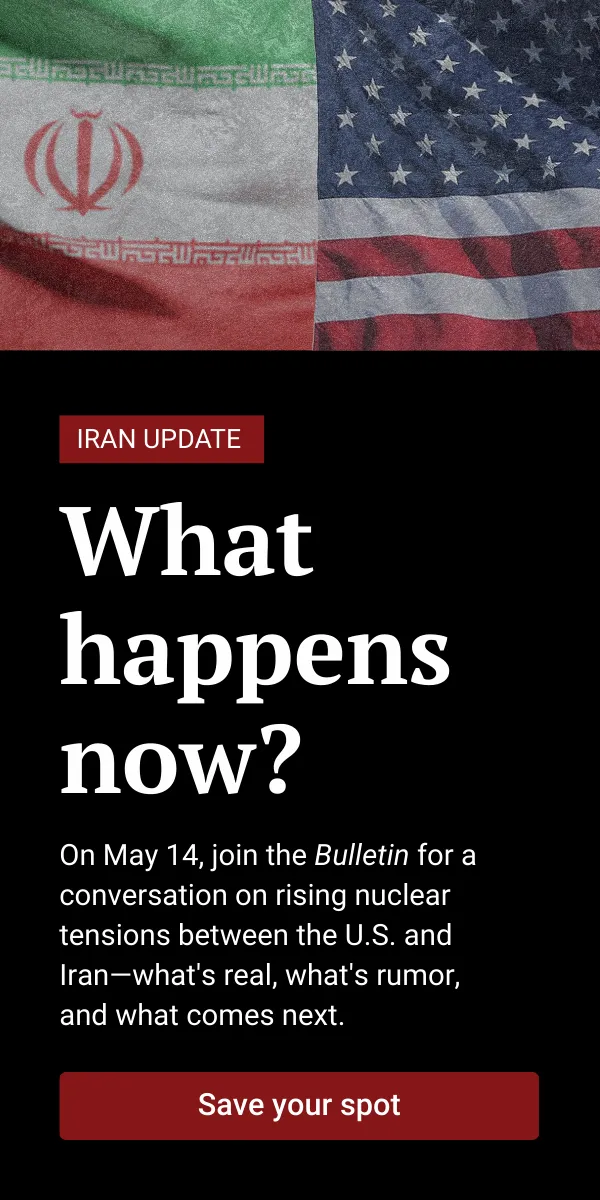

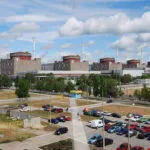

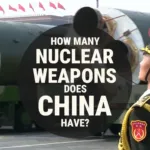
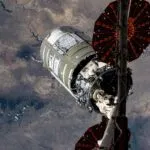
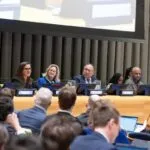
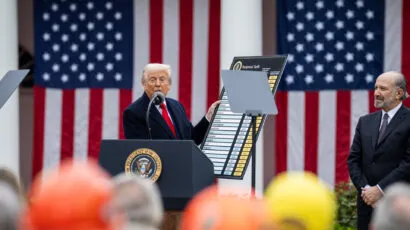

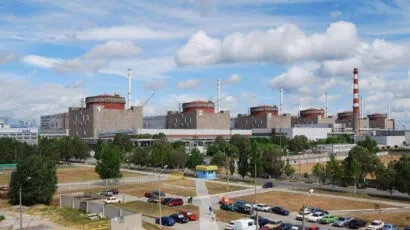
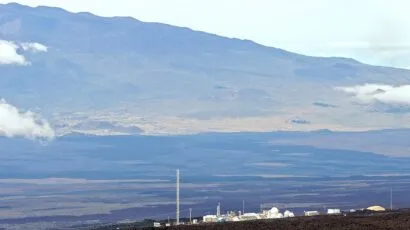
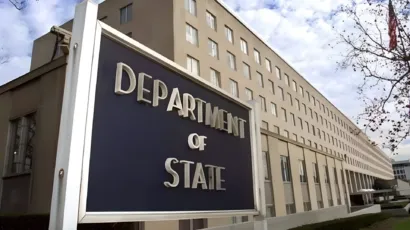
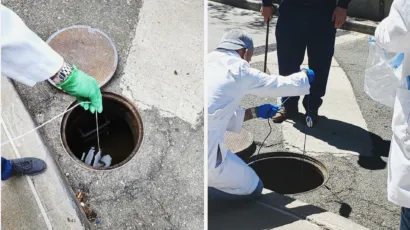

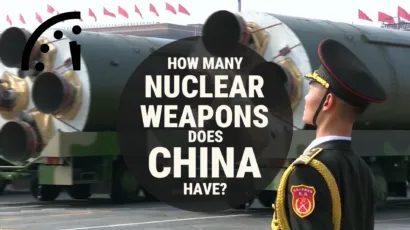
As I suggest here:
https://www.foxnews.com/opinion/how-donald-trump-can-make-history-win-3-nobel-peace-prizes
Trump could offer both Iran and Saudi Arabia enrichment with JCPOA-like safeguards, except no sunset clauses.